Introduction
Deborah Levine requested that I join her group on Black and Jewish Dialogue in 2021. Given today’s atmosphere, dialogue is crucial. Levine is the editor-in-chief of the American Diversity Report (ADR). She is a Holocaust documentarian (Courter, 2023; Levine, Untold Stories of a World War II Liberator, 2023), whom I am sure when she launched ADR never anticipated that diversity and DEI would be equated with anti-Semitism. Yet the cry has been aimed at academia and business (Cohen, 2023; Notheis, 2024) I am baffled by the cry to silence and dismantle DEI.
Through my DEI journey and practice since 1991 in corporate America, DEI has been inclusive and provides respect and dignity to all across religion, race, ethnicity, national origin, sexual orientation, gender, physical and mental ability, and other demographics. I will provide some examples later in the article.
Continue reading DEI, Religion, and Hate Crimes – by Deborah Ashton, Ph.D.

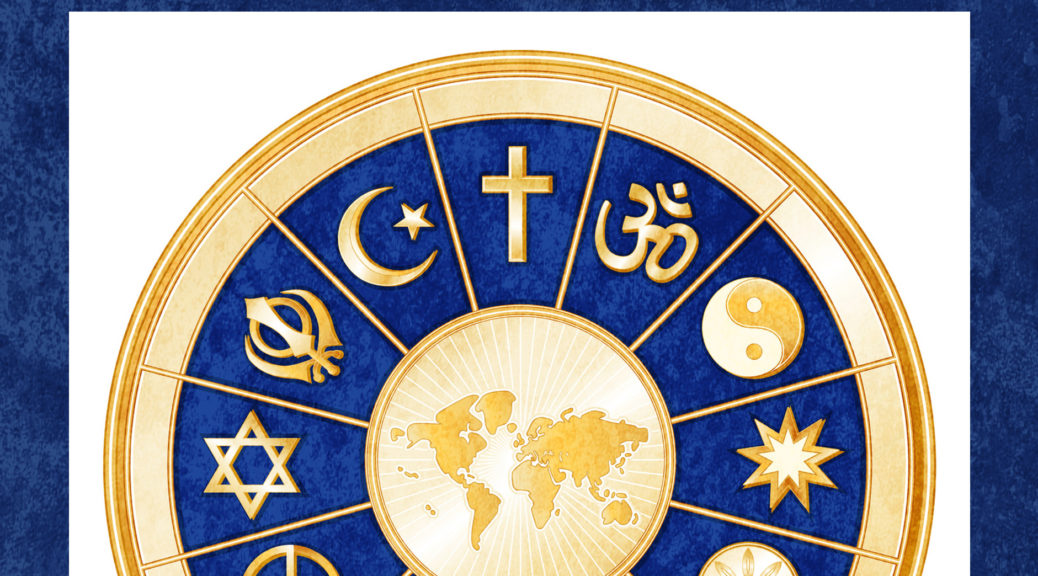

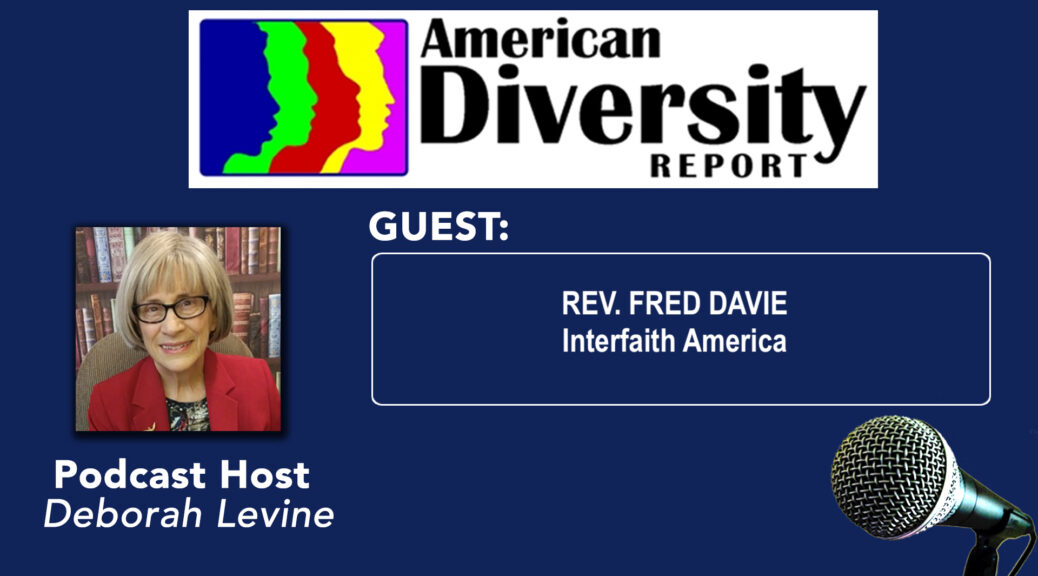
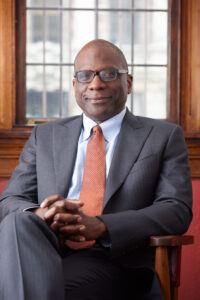 Reverend Fred Davie is a Senior Advisor for Racial Equity at Interfaith America, where he executes programming with a primary focus on the intersection of race and religion. He is also a minister in the Presbytery of New York City, and recently served as the Executive Vice President at Union Theological Seminary.
Reverend Fred Davie is a Senior Advisor for Racial Equity at Interfaith America, where he executes programming with a primary focus on the intersection of race and religion. He is also a minister in the Presbytery of New York City, and recently served as the Executive Vice President at Union Theological Seminary.
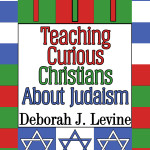
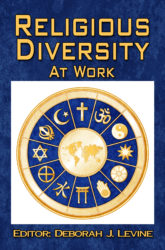
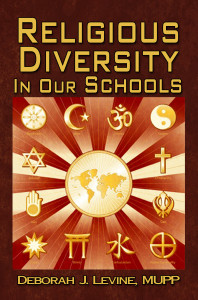
 Some people are reared in a strong religious tradition. Others with none.
Some people are reared in a strong religious tradition. Others with none.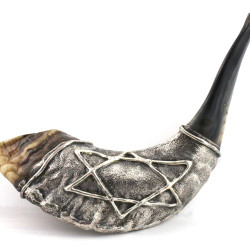
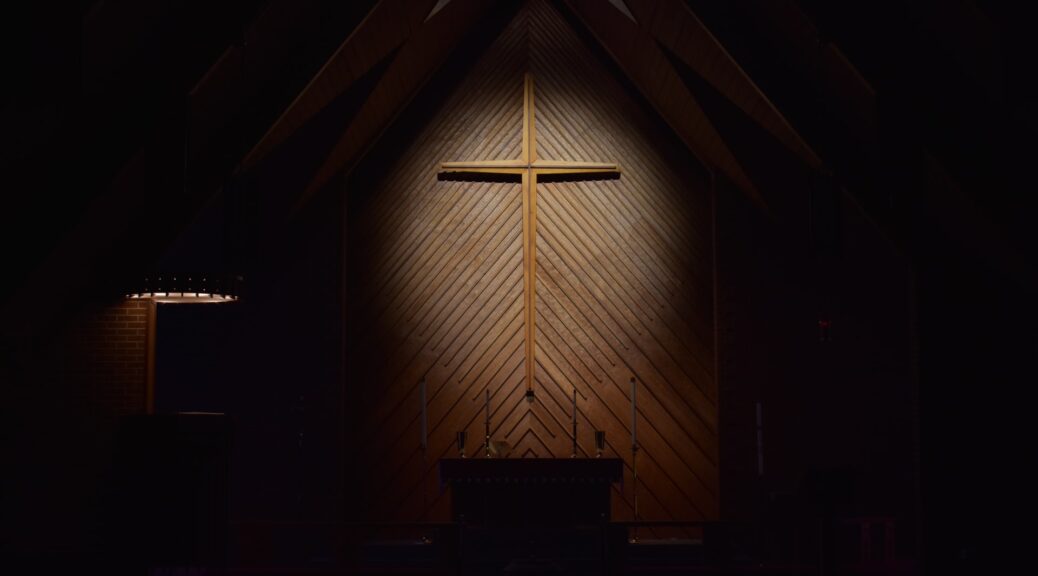
 While leadership training will often include issues related to Diversity & Inclusion, few programs include instruction in religious diversity. Yet, cultural awareness, cultural competence, global leadership, and cross-cultural communication are embraced as the tools of the market place of the future. What accounts for this black hole of information on diverse religions? One has only to turn on the TV, open a newspaper, or check the internet headlines to see that religion is a major factor in interactions across the planet. It is both puzzling and disturbing that a virtual vacuum of expertise exists in the relationship-oriented sectors of our society: business, education, government, and human services. Trying to avoid culture clash of belief systems can result in a paralyzing sense of being overwhelmed and under-prepared. Too many leaders are left scrambling for strategies and resources designed to turn the religious diversity novice into an expert.
While leadership training will often include issues related to Diversity & Inclusion, few programs include instruction in religious diversity. Yet, cultural awareness, cultural competence, global leadership, and cross-cultural communication are embraced as the tools of the market place of the future. What accounts for this black hole of information on diverse religions? One has only to turn on the TV, open a newspaper, or check the internet headlines to see that religion is a major factor in interactions across the planet. It is both puzzling and disturbing that a virtual vacuum of expertise exists in the relationship-oriented sectors of our society: business, education, government, and human services. Trying to avoid culture clash of belief systems can result in a paralyzing sense of being overwhelmed and under-prepared. Too many leaders are left scrambling for strategies and resources designed to turn the religious diversity novice into an expert.